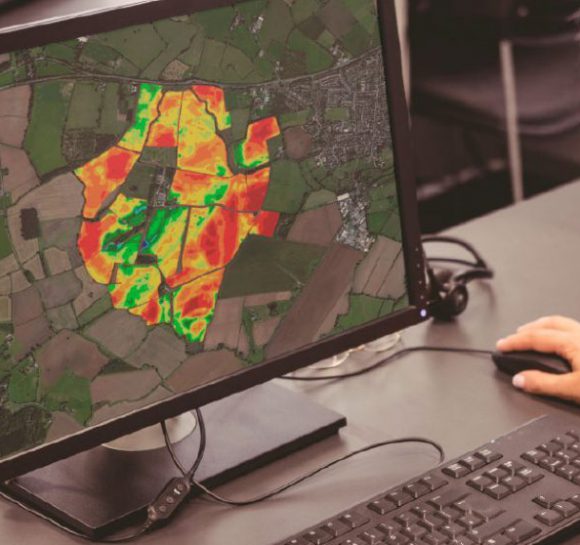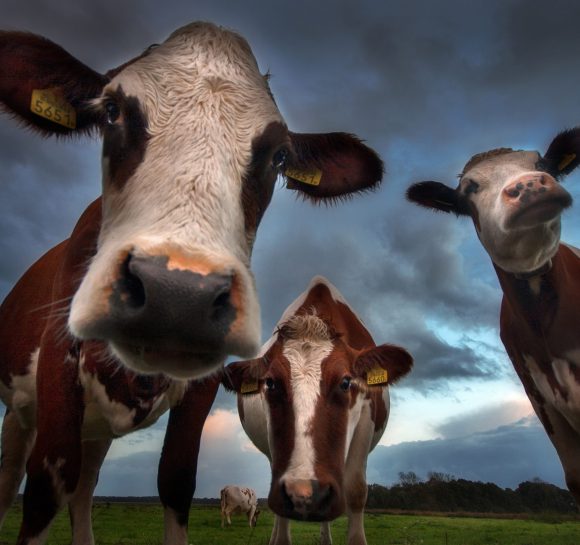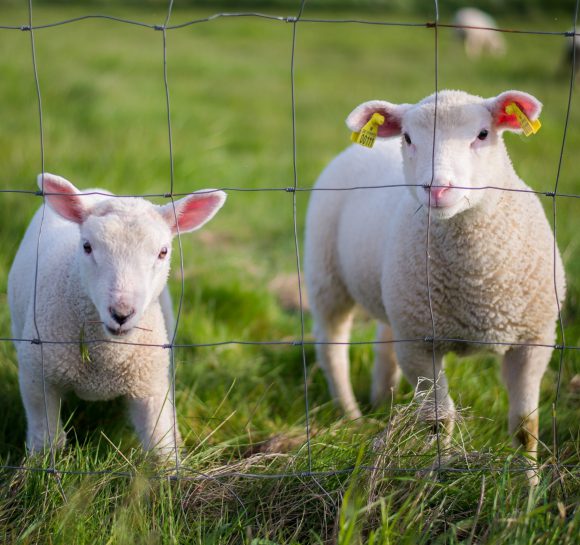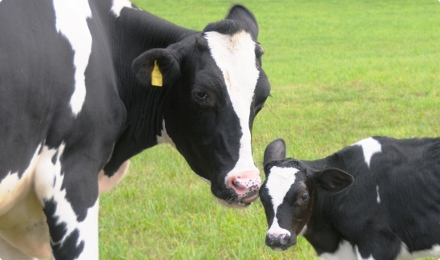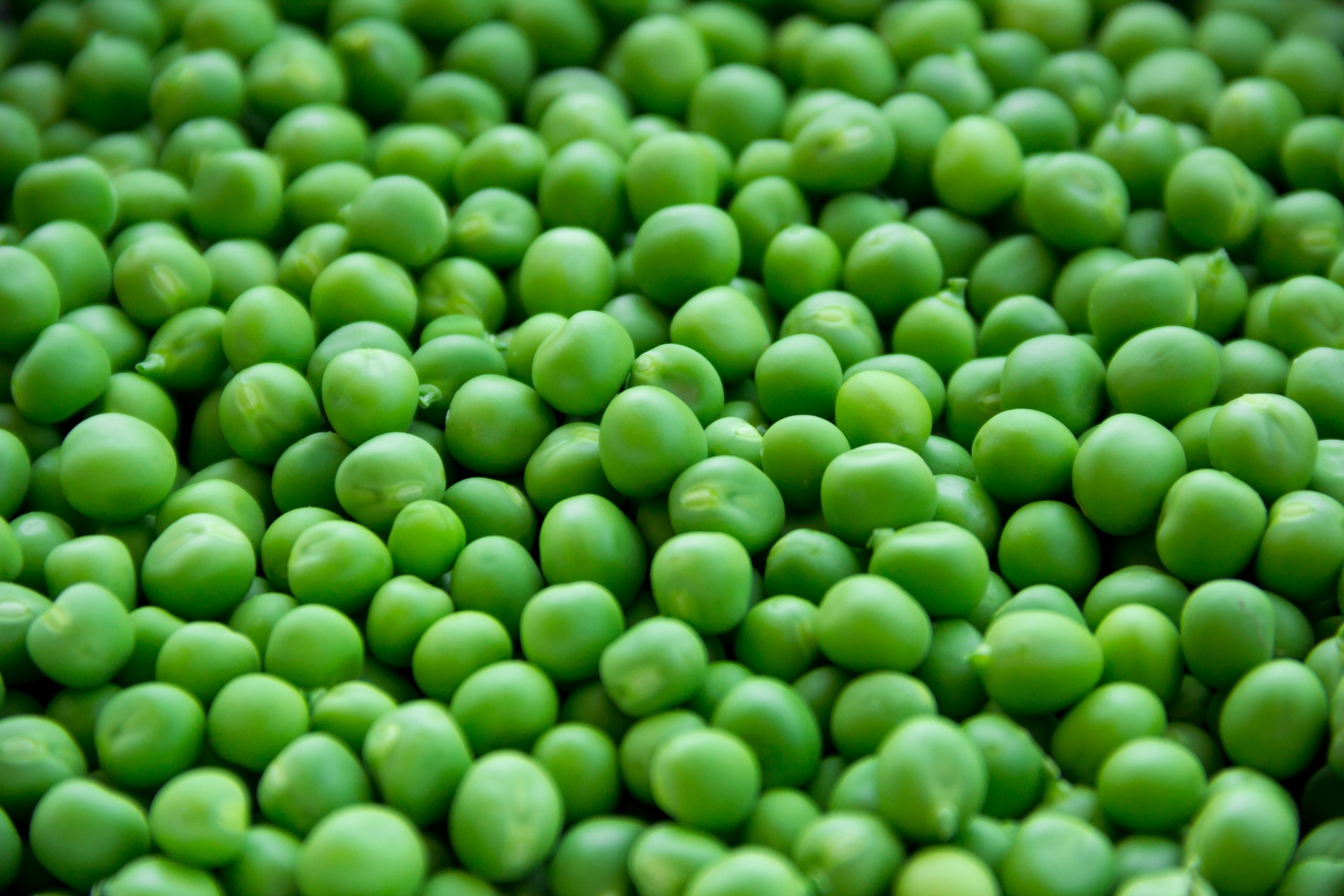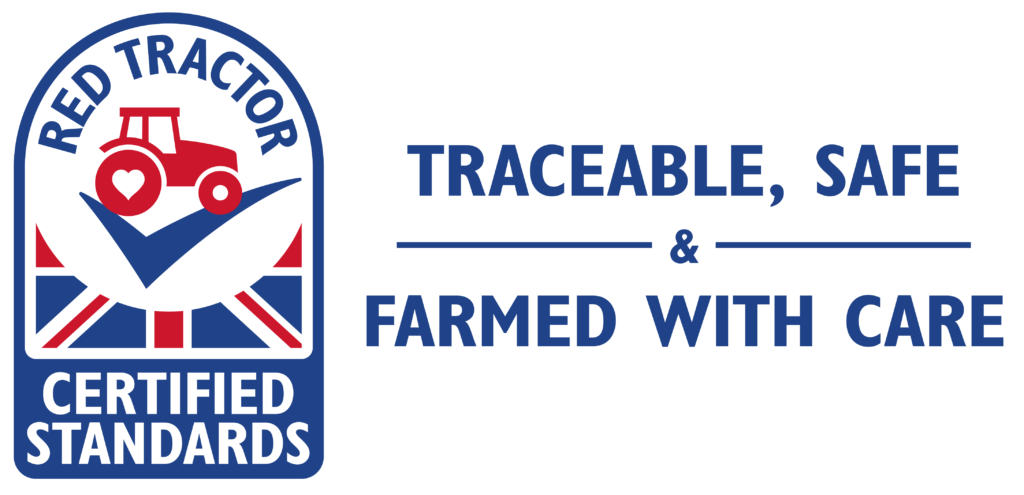HOW CAN WE HELP YOU?
Data Platform
Our industry leading data platform connects farm and agrifood sector data using a highly trusted permissioning and data management engine that puts you in complete control of your data
Data Products
Our data platform provides the foundation to a number of our own proprietary and third-party data products used by farmers and the agrifood sector to measure, monitor and manage their businesses
Data Services
We provide a range of data-driven services from bespoke software development and data science to environmental consultancy, on-farm advice and precision farming services.


